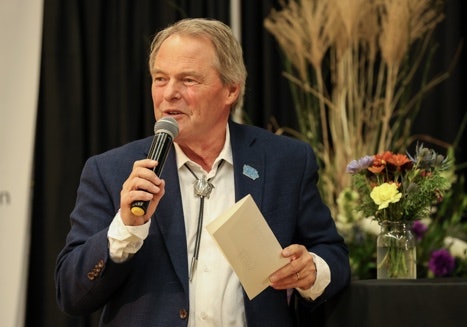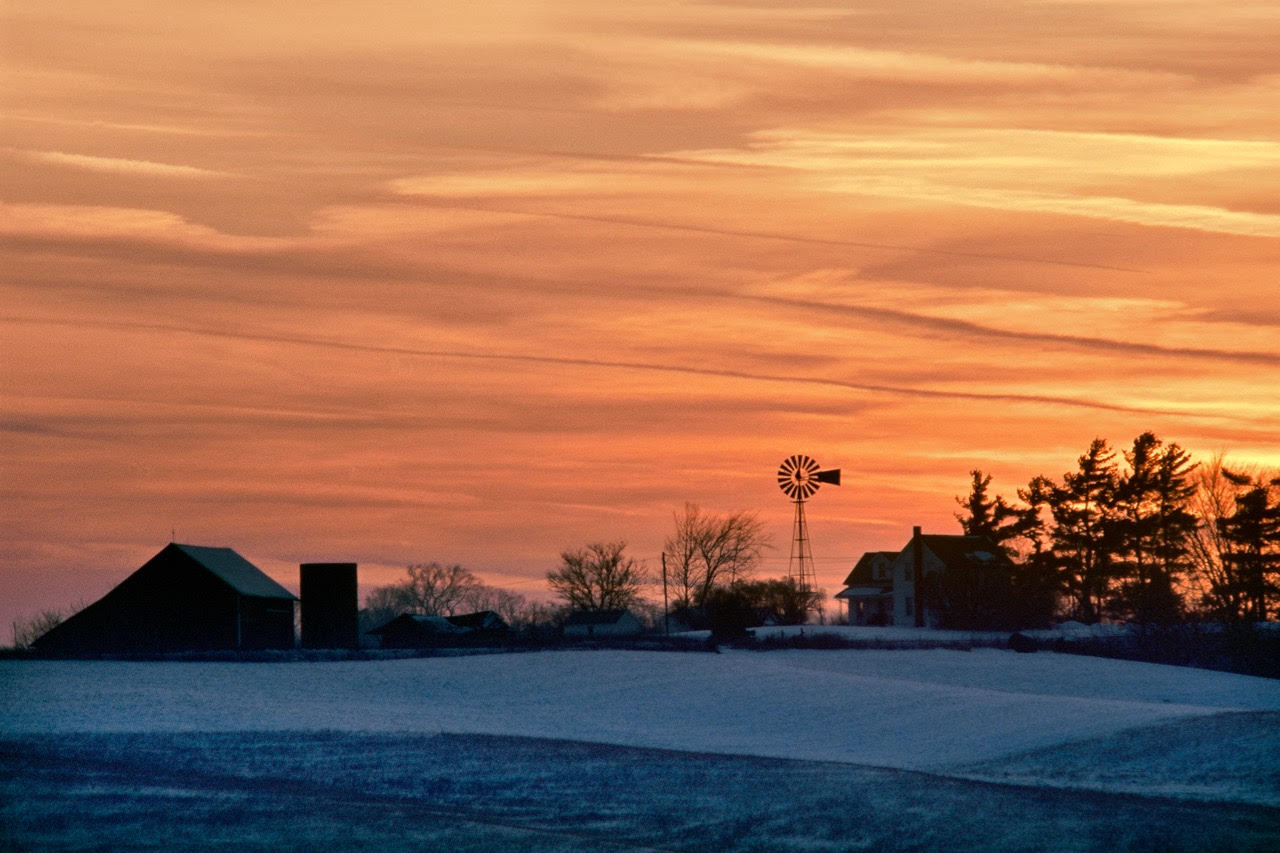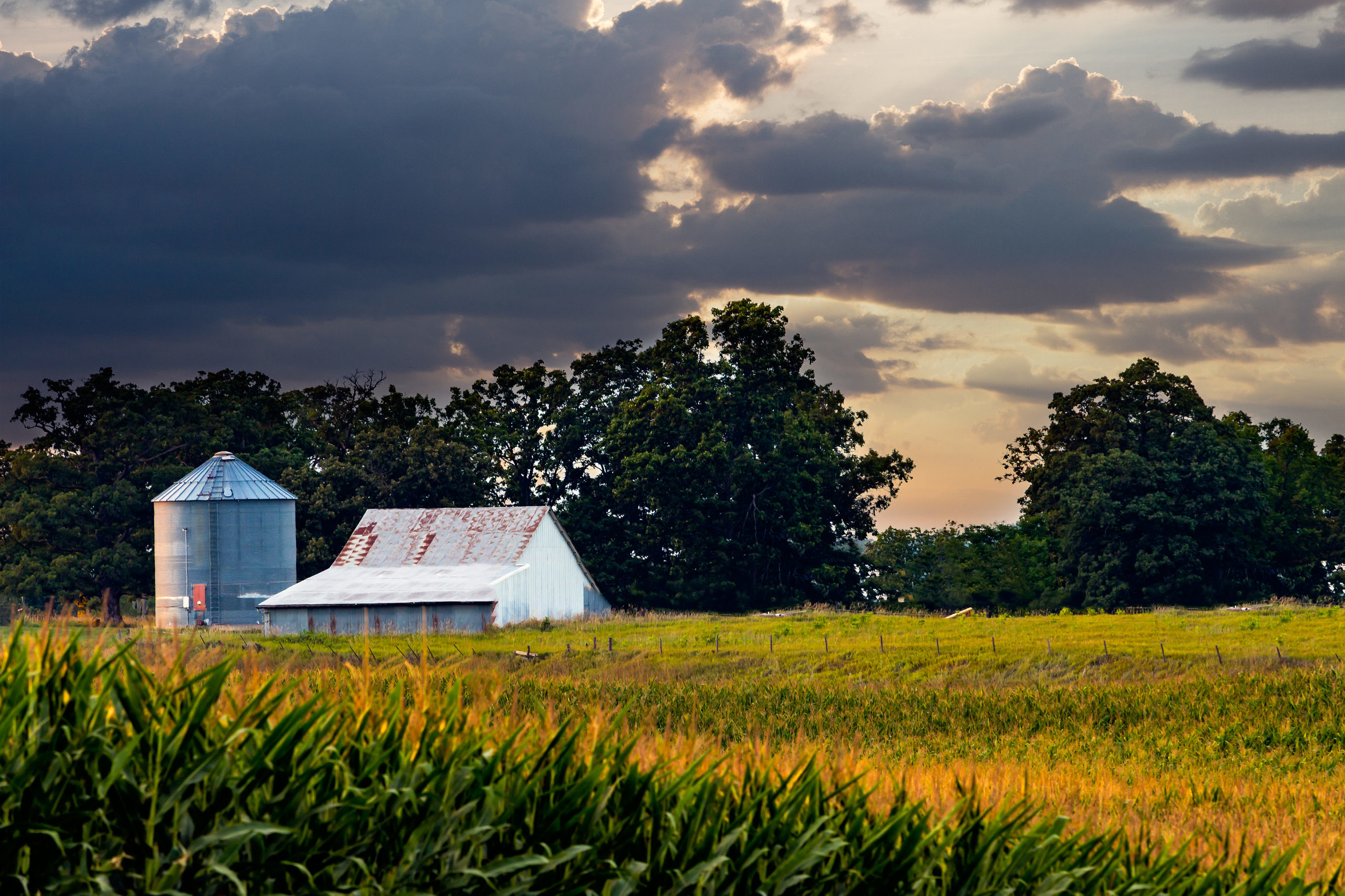As always, post a comment or send an e-mail (desmoinesdem AT yahoo.com) if I’ve left out any important event.
Monday, November 10:
Center on Sustainable Community’s 4th Bi-Annual Building a Sustainable Iowa Professional Training Workshop will be held the week of November 10th through 15th in three locations this year. We are excited to bring Marc Richmond, a national leader in the green building movement, back to Iowa to present this two day course in Cedar Falls, Ankeny and Fairfield. The Cedar Falls course will take place on November 10-11. This course is recognized by the building community as the most comprehensive residential green building training course offered in the state so plan to attend!
For more information visit www.icosc.com or contact Emily at emily@icosc.com or (515) 277-6222.
A Local Food Dinner will be held Monday, Nov. 10, at the University of Northern Iowa Commons Ball Room at 6 p.m. The event is sponsored by the Northern Iowa Food & Farm Partnership at the UNI Center for Energy & Environmental Education. Dr. Preston Maring, MD, will speak on “Sustaining Iowa: Making the connections between food, health and land.” Pre-registration is required by contacting andrea.geary@uni.edu, 319-273-7883.
The Food, Health and Land Connection: California physician Dr. Preston Maring will be in Iowa to present “Sustaining Iowa: Making the Connection between Food, Health and the Land,” and to share his passion for local food. Maring is Associate Physician-in-Chief at the Kaiser Permanente Medical Center in Oakland, where he helped start a weekly farmers market at the hospital. He has his own blog with weekly recipes for fresh produce that gets about 50,000 page views each month. His presentation is scheduled at: Noon, November 10, 140 Schaeffer Hall, University of Iowa, Iowa City; 7:30 p.m., November 10, Commons Ball Room, University of Northern Iowa, Cedar Falls; and 7 p.m., November 11, 2050 Agronomy Hall, Iowa State University, Ames. Following each presentation, local speakers will share Iowa stories about the benefits of local food. They include: Iowa City chef Kurt Michael Friese, author of A Cook’s Journey: Slow Food in the Heartland, and editor for Edible Iowa River Valley magazine; Story County Planning and Zoning director Leanne Harter, about the county’s new Local Foods Systems Initiative.
Tuesday, November 11:
The Residential Green Building Workshop organized by the Center on Sustainable Communities continues in Cedar Falls.
Wednesday, November 12:
The Residential Green Building Workshop organized by the Center on Sustainable Communities begins in Ankeny.
A workshops on Managing Floods of the Future: Concepts, Tools and Success Stories will be held at the UNI Center for Energy & Environmental Education (CEEE) from 8:30 a.m. – 4:00 p.m. Some of the nations’ best minds on ecological floodplain management will make presentations. The workshops are primarily for elected officials, planners, economic development staff and community leaders. To register, e-mail/call Barbara.payton@uni.edu, 319-273-2573.
Thursday, November 13:
The Residential Green Building Workshop organized by the Center on Sustainable Communities continues in Ankeny.
A workshop on Managing Floods of the Future: Concepts, Tools and Success Stories will be held at the Johnson County Fairground/Iowa City from 8:30 a.m. – 4:00 p.m. Some of the nations’ best minds on ecological floodplain management will make presentations. The workshops are primarily for elected officials, planners, economic development staff and community leaders. To register, e-mail/call Barbara.payton@uni.edu, 319-273-2573.
Wind Rights Legal Forum: The Drake University Agricultural Law Center is sponsoring a half-day Continuing Legal Education workshop for lawyers and other interested officials on legal issues relating to the wind rights agreements being used in Iowa. Speakers will discuss wind agreements from the perspectives of wind developers, landowners, and neighbors. Speakers will also discuss the potential for legislation and local regulation of wind development. The forum will be from 1:00 to 5:00 p.m. at the Drake University Legal Clinic located at 24th and University. The fee is $40 and registration information can be found at www.law.drake.edu/cle. For more information contact Prof. Neil Hamilton at neil.hamilton@drake.edu.
Energy Efficiency Plans and Programs Legislative Study Committee Meeting: Increasing energy efficiency is a great way to save money and help keep Iowa’s air and water clean. On November 13, utility companies, environmental organizations, and state agencies will discuss energy efficiency plans and possibilities for 2009. The discussion is tentatively scheduled to begin at 9:15 a.m. in room 19 of the State Capitol Building, with three Iowa environmental groups presenting from 1:50 p.m. to 2:15 pm. To confirm the schedule, or if you’d like to express your own views at the meeting, call the Iowa Legislative Services Agency: (515) 281-3566. To see the meeting agenda, visit http://www.legis.state.ia.us/l… The State Capitol Building is at East 12th & Grand, Des Moines, IA 50319.
Friday, November 14:
The Residential Green Building Workshop organized by the Center on Sustainable Communities begins in Fairfield.
Annual Fall Tri-State Gathering of Women in Agriculture, November 14-16, YMCA Camp Pepin, Stockholm, WI. Education and networking, potluck, silent auction. Workshops to include felting and eco-preneuring; virtual farm tours. $99 for two nights’ lodging and three meals. Co-sponsored by Women, Food and Agriculture Network. Contact Stacey Brown to register, 515-231-1199, staceyleighbrown@yahoo.com.
Saturday, November 15:
The Residential Green Building Workshop organized by the Center on Sustainable Communities continues in Fairfield.
Last day for early-bird registration for the fourth annual Natural Living Expo, which will take place in Des Moines on March 28-29, 2009. In my non-blog life, I am helping organize this event, which is free to the public. Businesses or non-profit organizations oriented toward healthy or environmentally-friendly living can contact me (desmoinesdem AT yahoo.com) for more information about exhibiting at the expo. There is a significant discount for registering by November 15, but we will still take registrations after that date.
Continue Reading...




